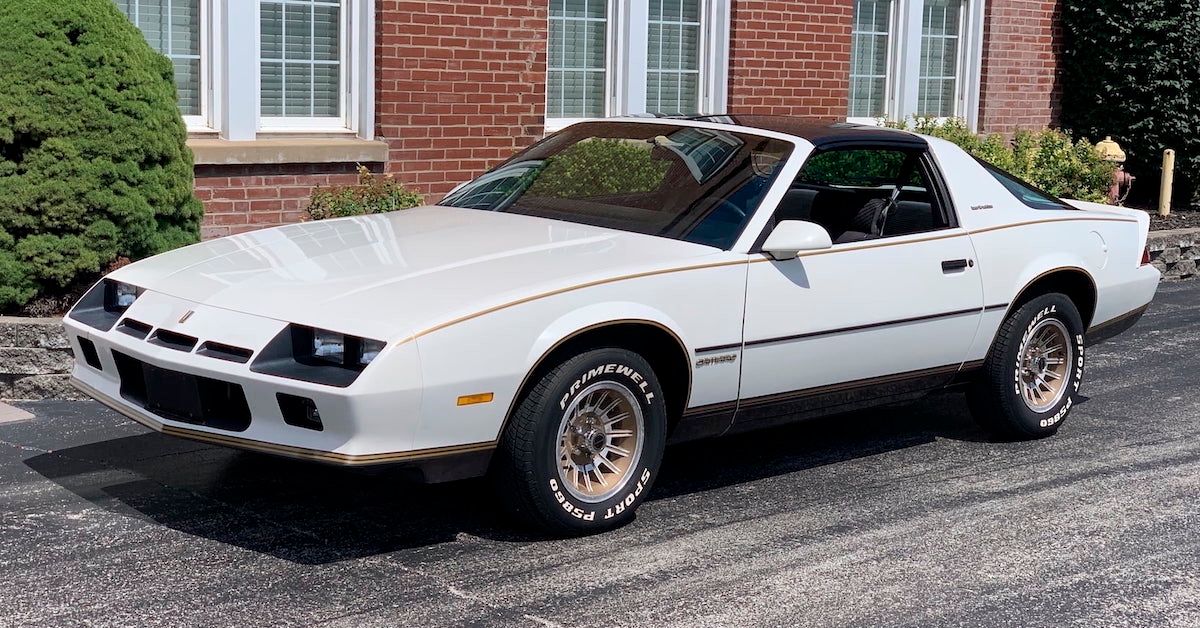To accelerate the world shift toward sustainable automobiles, Toyota is suggesting simply changing the interior workings of vehicles currently on the roadways with cleaner engineering this kind of as gas cells and electric motors.
“I really don’t want to go away any vehicle lover driving,” Chief Executive Akio Toyoda mentioned Friday, appearing on the phase at the Tokyo Auto Salon, an industry celebration very similar to the world’s auto shows.
The information was crystal clear: Toyota Motor Corp. wants the earth to know it hasn’t fallen behind in electrical automobiles, as some detractors have implied.
Japan’s major automaker, which also owns the luxurious brand name Lexus, is highlighting its clout: It has all the technological innovation, engineering, economical reserves and sector encounter needed to keep on being a highly effective competitor in environmentally friendly automobiles.
Toyoda advised reporters that it would consider a prolonged time for all the automobiles to turn into zero emission, as they make up only a portion of cars marketed. Transforming old vehicles to go environmentally friendly, or “conversion,” was a better selection, he claimed.
Toyoda, the grandson of the enterprise founder and an avid racer himself, was also hoping to debunk the stereotype that thoroughly clean cars aren’t as pleasurable as common autos.
At Toyota’s Gazoo Racing booth, the maker of the Prius hybrid and Camry sedan showed video clip of its triumph at planet rallies, as nicely as the battery-electric powered and hydrogen-run variations of the Toyota AE86 collection together with the Toyota Corolla Levin, to underline what Toyoda referred to as its “conversion” system.
The vehicle business is going through a transformation because of expanding worries about climate change. Automakers are generally blamed as the culprits.
Toyoda said ecological attempts in the automobile field have been starting off to be appreciated in a lot of nations, but he felt fewer appreciated in Japan.
Toyota has dominated the marketplace with its hybrid technologies, exemplified in the Prius, which has the two an electric powered motor and gasoline engine, switching again and forth to provide the most productive experience. That has normally been observed as reflecting its reluctance to go completely electric.
Battery electric cars make up about 20{da793fdcd3fe679df000853cab620e3a76d4f41f7c86540cc967171bbb315377} of the auto marketplace, inspite of the hullabaloo about relative newcomers this sort of as Tesla and even Dyson. Europe continues to be ahead of the U.S. and Japan in the go towards electric.
And so is it unfair to categorize the Japanese automakers as green laggards?
For a single, the scarcity of particular factors these types of as lithium could push up the costs of EVs, and customers could adhere with hybrids, states Matthias Schmidt, main automobile analyst at Schmidt Automotive Study.
“If this was 2025, and you asked that very same question, I would say the Japanese OEMs [original equipment manufacturers] have missed the boat. But viewing it is 2023, and the likes of Toyota are commencing their BEV [battery electric vehicle] roll-out, their timing is probable bang on agenda,” he said.
